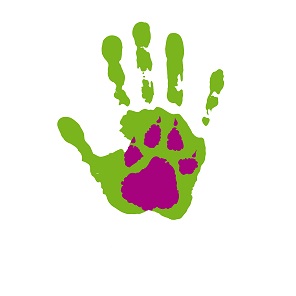Canine Stress – Cortisol – And Why You Need to Care
I have a new client this week and it brought me to the whole Cortisol problem. They wanted me to ‘train’ the reactivity out of their dog. Their exact words were ‘he needs some discipline to teach him some manners.’ I cringed, and tried to explain.
One of the hardest things to explain to people is that:
- Your dog cannot help being this way
- Your dog does not enjoy feeling stressed
- Your dog is not having fun
Chronic stress is a physical and mental problem. By the time that you realize your dog has a problem it has haunted your dog’s life for a long time. The dog has already tried to solve the problem, they bit someone to make them go away, they barked and lunged at another dog. In most cases, the behavior worked and the dog felt better.
This is where our life turns upside down. Most people are delightfully oblivious to words like reactive, threshold, trigger, or over stimulation until their dog becomes over reactive. Many people feel betrayed by their pet. Their emotions do not help the situation.
Other people ‘over react’ at the same level as the dog. This emotional outburst only serves to make the dog worse. The secret to success is to find a calm place for both you and the dog. Your ability to control your own feelings is so important that you should never work with a trainer who only focuses on the dog.
The Good News About Canine Cortisol and Stress
The good news is that you can teach a dog life skills. The dog can learn how to deal with the stresses in its daily life. You can let the dog have ‘down time.’ You can teach your dog to trust you.
It isn’t easy. You can either study a lot of books and invest a year into dog behavior, use a hit-and-miss method, or you can work with a trainer who has studied behavior.
There are a few things you can do:
- Learn what Cortisol is and how it effects your dog
- Remove as much artificial chemicals from your dog’s diet as possible
- Put your agenda in a box, and put the box on a top shelf.
- Learn how to teach dogs to be calm.
- Adjust your environment so that your dog is calmer
- Learn to handle your own stress. Dogs feed off us. If we are always worried or stressed then our dogs will follow our example.
